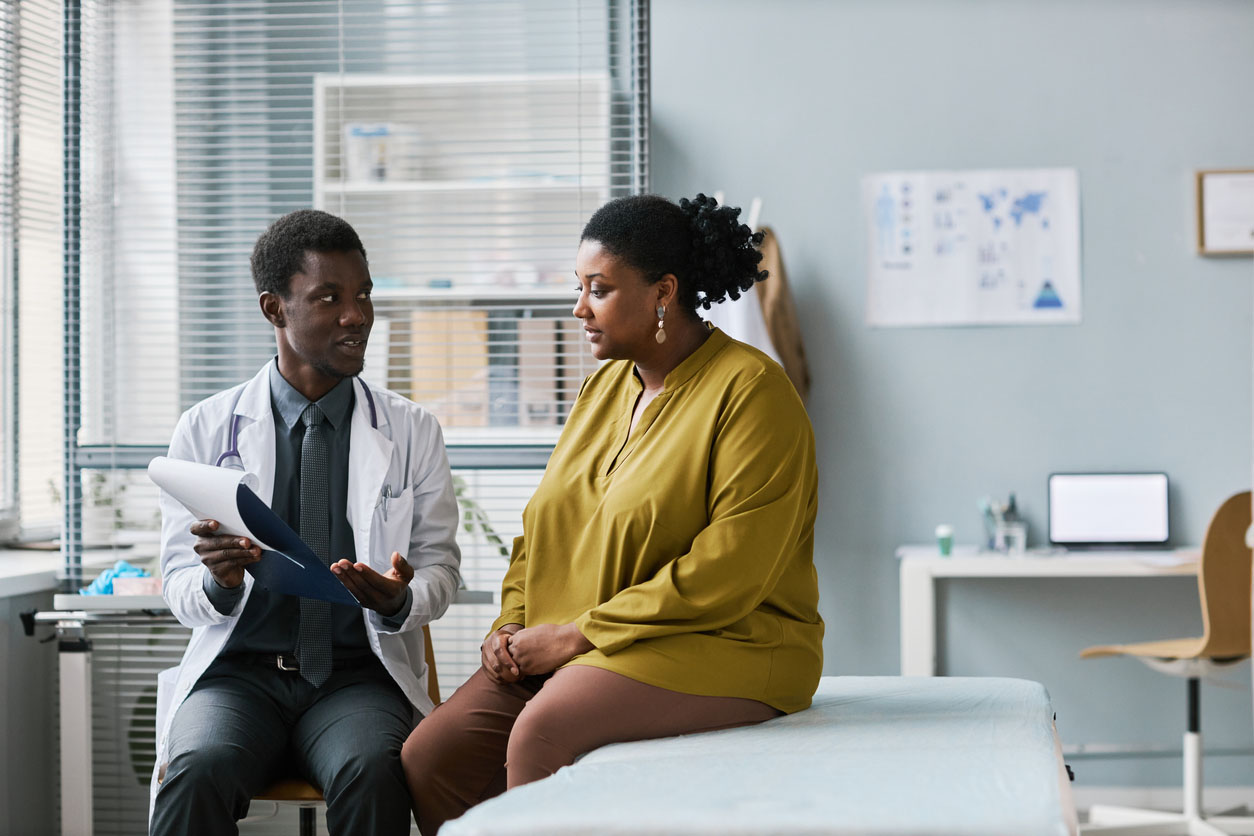AllCare is pleased to announce the opening of its newest location in Braselton, expanding access to high-quality, patient-centered healthcare for...
Contraceptive Counseling & Birth Control
Safe Birth Control Options Available
We understand choosing a contraceptive method can be a complex decision. That’s why AllCare Primary & Immediate Care offers patient-centered contraceptive counseling and birth control services to help you obtain the contraceptive method that best suits your lifestyle and priorities. We’ll work with you to understand your reproductive goals and provide information about the safety and side effects of any contraceptive method we offer, ensuring you can make an informed choice and receive the confidential, supportive care you deserve.

What to Expect from Contraceptive Counseling at AllCare Primary & Immediate Care
During your contraceptive counseling session at AllCare Primary & Immediate Care, you can expect a personalized approach to your reproductive health. Your physician will begin by reviewing your full medical and gynecological history, including any previous pregnancies, existing health conditions, and current medications.
You will then have an open discussion about your reproductive goals, lifestyle, and preferences to help determine the most suitable birth control method for you. Your doctor will provide detailed information on the various contraceptive options available, including their effectiveness, usage, and potential side effects. Throughout the consultation, your questions and concerns will be addressed, empowering you to make an informed decision.
Our Contraceptive Counseling & Birth Control Services in Georgia

Who Can Benefit from a Contraceptive Counseling Appointment?
Anyone looking to make informed decisions about their reproductive health and family planning can benefit from contraceptive counseling. This includes:
- Young adults navigating birth control options for the first time.
- Postpartum women considering contraception after childbirth.
- Couples seeking advice on family planning and contraception.
- Individuals with certain medical conditions needing guidance on safe contraceptive methods.
- Anyone seeking to change birth control methods and transition medication safely.
How to Get a Contraceptive Consultation
You can easily get a contraceptive consultation by scheduling your appointment at AllCare Primary & Immediate Care. Below are some easy steps to follow:
- Schedule Your Consultation: Contact AllCare Primary & Immediate Care or schedule an appointment online with one of our experienced doctors and discuss your birth control needs and questions.
- Share Your Medical History: During your consultation, you’ll be asked to provide relevant medical information to help our doctors better understand how birth control will impact your overall health.
- Receive a Personalized Recommendation: Your AllCare physician will listen to your needs and concerns and work with you to determine which form of contraception is right for you. If you are interested in an implantable device, like an IUD, we can refer you to a gynecologist.


Online Doctor Visits and Telehealth Services
Experience the convenience of telehealth appointments at AllCare Primary & Immediate Care. Our telemedicine services are designed to provide you with seamless access to healthcare without the need to leave your home. Whether you need an online doctor’s appointment for immediate or primary care, AllCare’s got you covered. With our online telehealth services currently available to individuals located in Georgia, you can connect with our experienced urgent and primary care physicians via secure video calls.
At AllCare Primary & Immediate Care, we are expanding our virtual healthcare access to all services previously offered in person. This includes:
Frequently Asked Questions
What are the risks and side effects of birth control?
Hormonal contraceptives, such as birth control pills, patches, or injections, may cause side effects like nausea, headaches, breast tenderness, and mood changes. Some women experience changes in their menstrual cycle, including lighter periods or breakthrough bleeding.
Weight gain is sometimes reported, though studies show this effect is generally minimal. More serious but less common side effects can include blood clots, especially in women who smoke or have certain health conditions. Non-hormonal methods like copper IUDs may lead to heavier periods, increased cramping, and mood changes.
What happens if I stop my birth control?
Once you stop your birth control, your hormones will readjust. You may experience irregular menstrual cycles, including longer, heavier periods. You could also experience weight gain or a lower libido. And, of course, you may get pregnant.
Are there any medications that interact with birth control?
Yes, there are several medications that can potentially interact with birth control and reduce its effectiveness including antibiotics, antifungal medication, anticonvulsants, and high doses of vitamin C. During your contraception consultation with an AllCare doctor, be sure to discuss any current medications you are taking. In addition, if you start a new medication, be sure your doctor is aware so they can make any adjustments needed.
What’s the difference between hormonal and non-hormonal birth control?
Non-hormonal birth control options like spermicidal foams, condoms, diaphragms, or IUDs do not affect your body’s natural hormones. Hormonal birth control affects your natural hormones by preventing ovulation, and they can also thin the lining of the uterus or thicken the mucus in the cervix to prevent pregnancy. All contraceptives come with pros and cons, so be sure to discuss them with your AllCare physician.
schedule your contraceptive counseling appointment
The Latest Healthcare News
Check out our blog to learn more from our team about the latest medical advancements, health tips, and primary care news.
Lauren Schwartz, F.N.P.-C. of AllCare Appeared on “The Weekly Check-Up” Radio Show
Lauren Schwartz, F.N.P.-C. of AllCare Primary & Immediate Care appeared as a featured guest on “The Weekly Check-Up” on December 21, 2025. The...
AllCare’s Dr. Racheal Daniels Discusses Holiday Health and Primary Care on WSB-TV’s “Daily 2”
Dr. Racheal Daniels of AllCare Primary & Immediate Care recently appeared on WSB-TV’s Daily 2 to discuss the importance of prioritizing primary...
Related Services
Our related healthcare services extend beyond immediate care to include preventive care such as routine physical exams, chronic disease management for conditions like diabetes, and specialty care referrals for more complex health issues.








